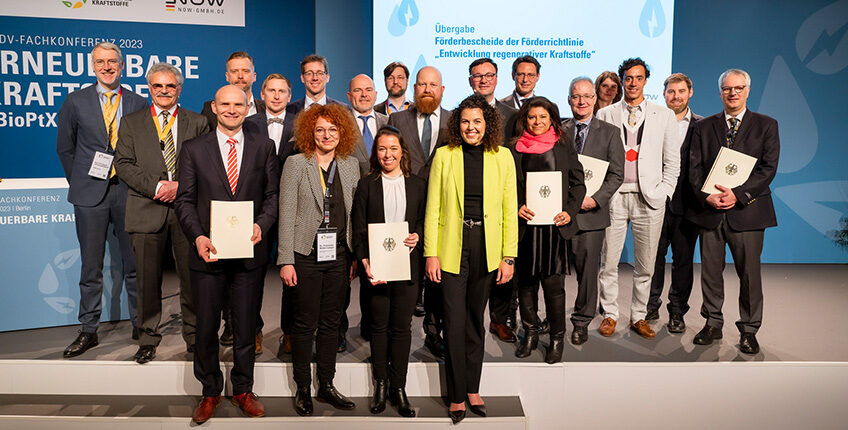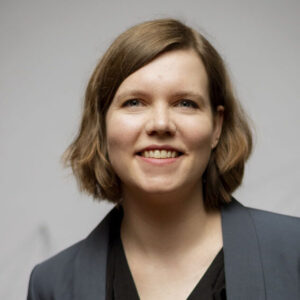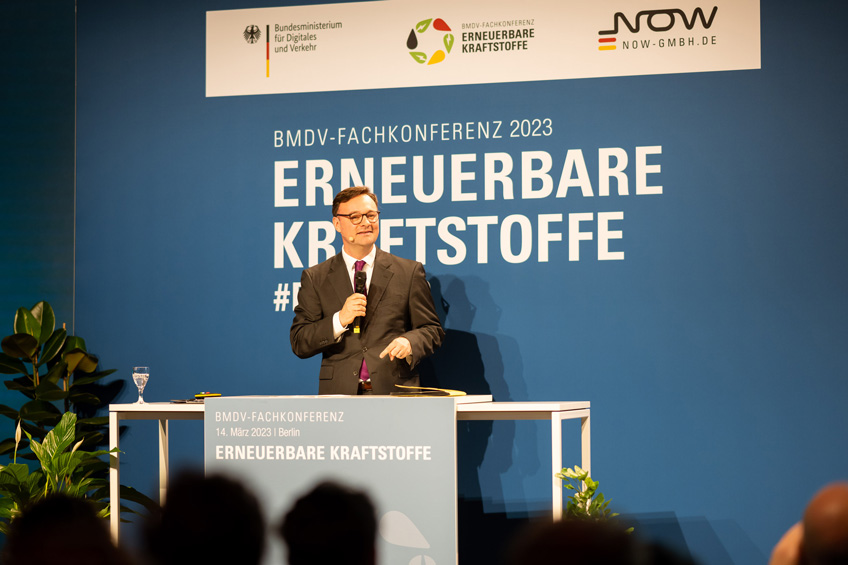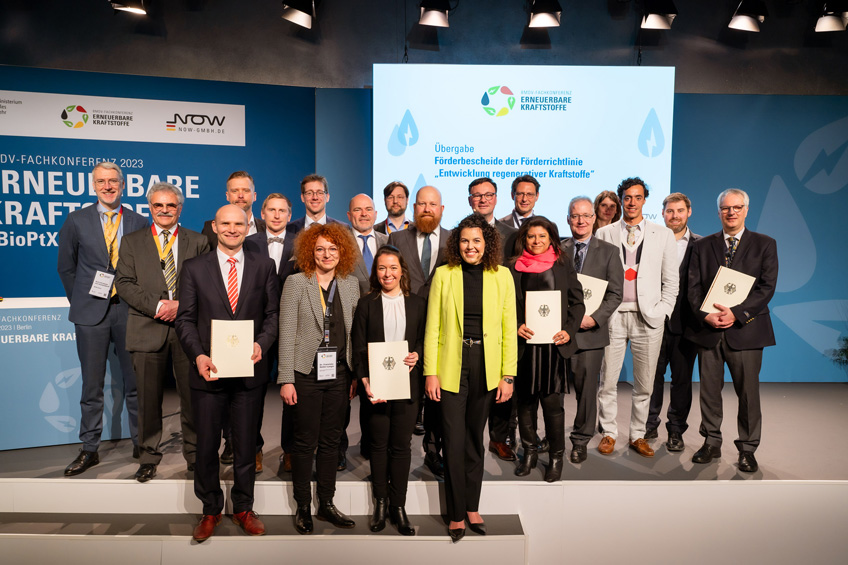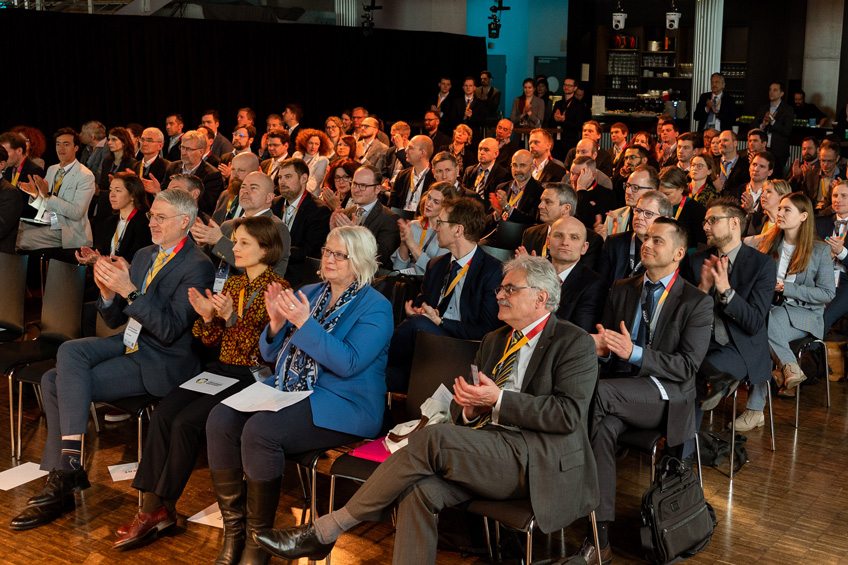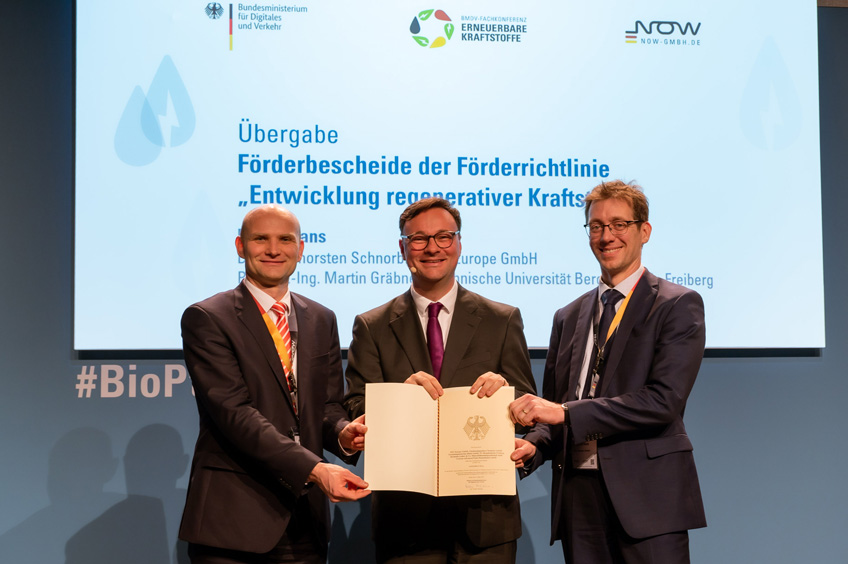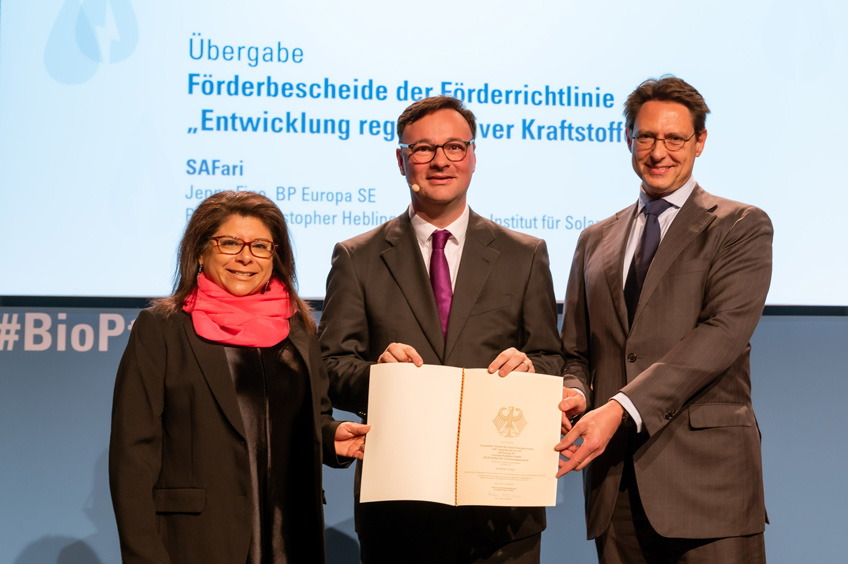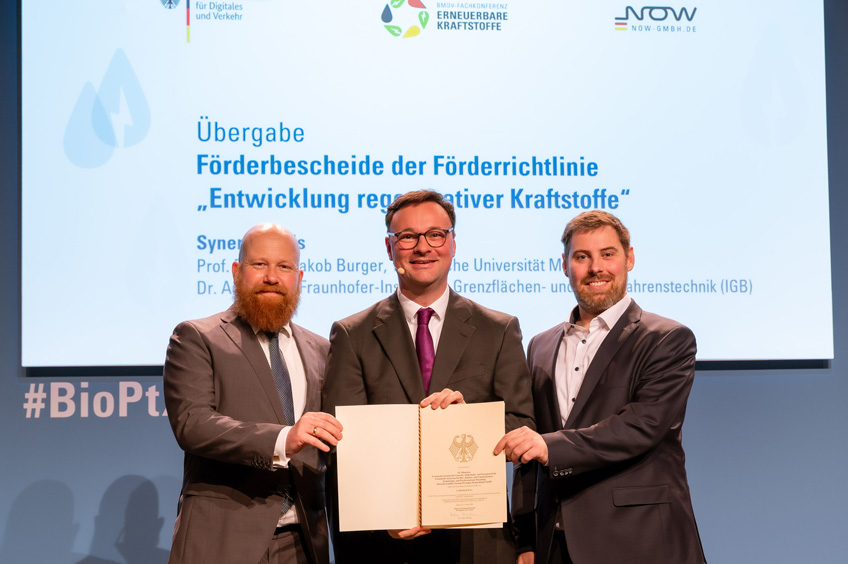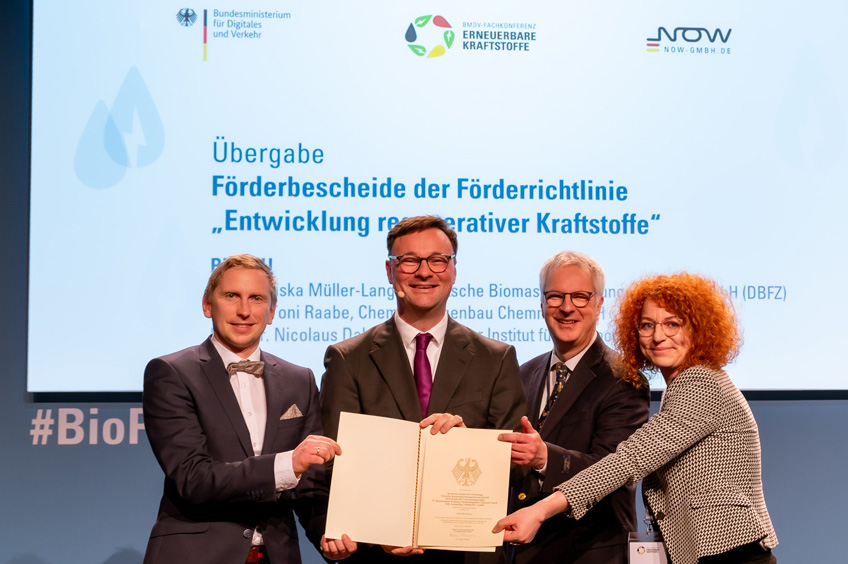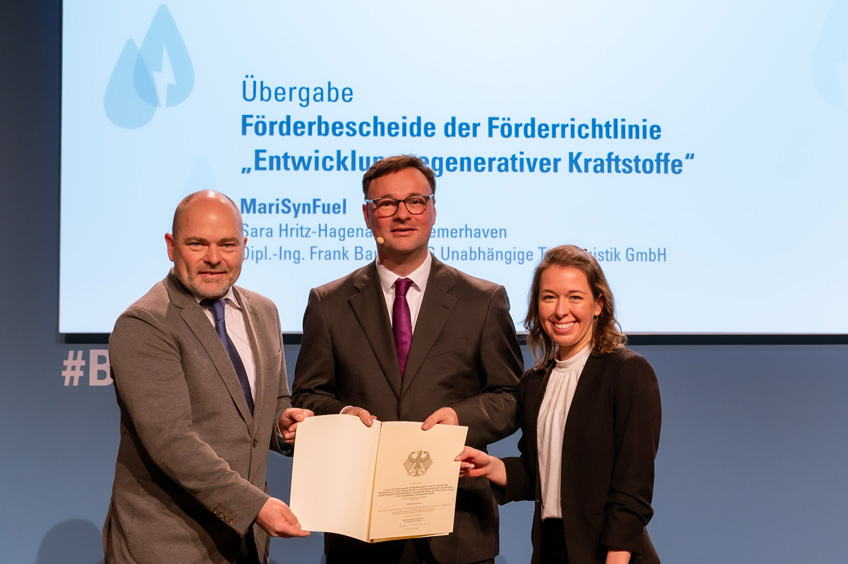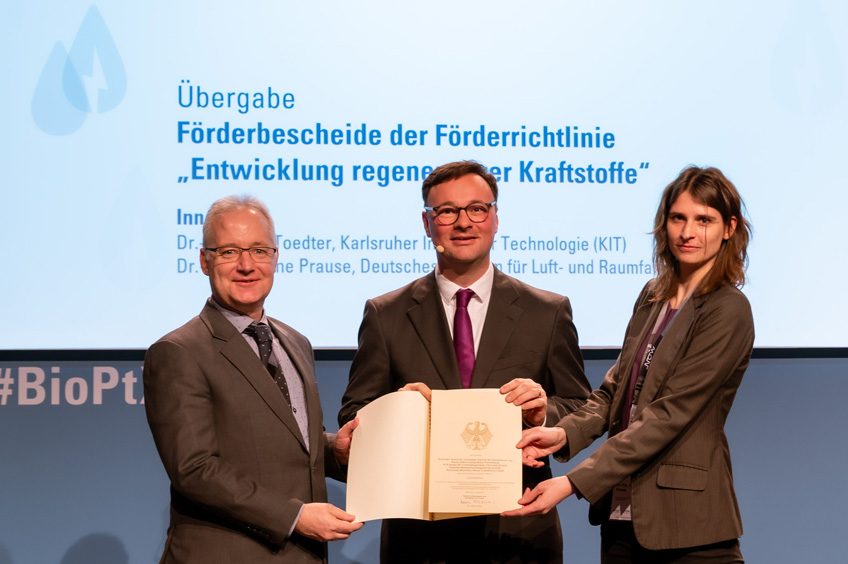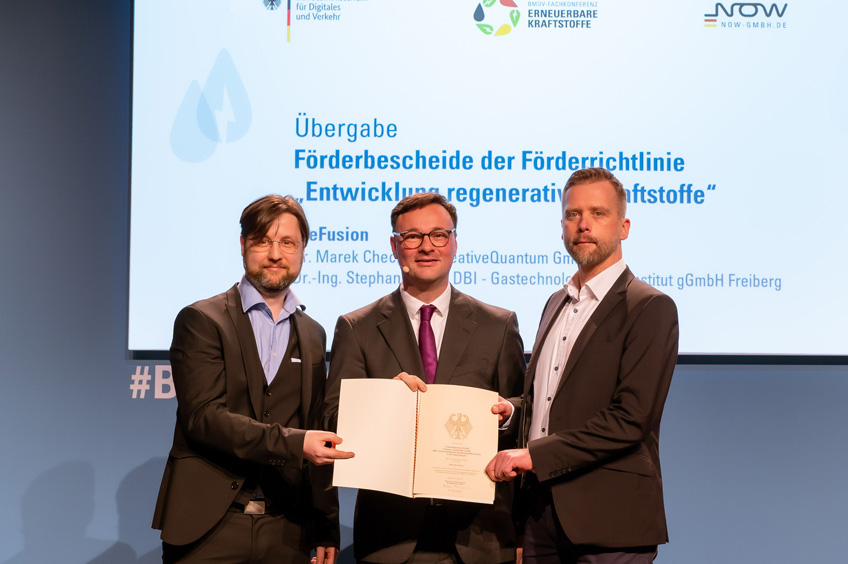Today at the ‘Renewable fuels’ conference of the Federal Ministry for Digital and Transport (BMDV), Oliver Luksic, Parliamentary State Secretary in the BMDV, presented seven funding subsidy notices as part of the ‘Development of renewable fuels funding guideline’.
The funding guideline was published in 2021 and supports technology-neutral projects on advanced biofuels and electricity-based fuels.
Oliver Luksic: “We need renewable fuels in order to achieve climate protection objectives in the transport sector. Internationally, Germany is already a pioneer in the field of innovative generation technologies for renewable fuels. We want to increase the competitiveness of e-fuels and advanced biofuels. That’s why the BMDV is fostering the further development and market ramp-up of renewable fuels with the overall concept: ‘Renewable Fuels’. Our goal is to bolster technological leadership in this future market.”
In order for advanced biofuels from waste and residual materials as well as electricity-based fuels to be able to make a relevant contribution towards reducing greenhouse gas emissions over the medium term, further development work is required which will be supported by the Development of Renewable Fuels funding guideline (FRL ErK). Projects on demonstration, innovation and market preparation for the entire breadth of renewable fuels in gaseous and liquid form will be funded, covering all transport modes. Funding in the amount of 100 million euros has been approved for 12 projects thus far.
The following seven projects received their subsidy notice from Oliver Luksic:⠀
- The DeCarTrans funding project is further developing a process for the manufacture of synthetic gasoline from methanol for the transport sector. The methanol is produced from biogenic or renewable sources. The project partners are FEV Europe, Chemieanlagenbau Chemnitz GmbH, Jülich Research Centre, Freiberg University of Mining and Technology, Hermann Lother & Co. as well as Coryton Advanced Fuels Deutschland. (Funding amount: approx. 15 million euros).
⠀ - The goal of the SAFari project is to produce sustainably manufactured kerosene (Sustainable aviation Fuel – SAF) based on methanol in a pilot plant for the purposes of approval certification as a fuel. The Fraunhofer Institute for Solar Energy Systems ISE, ASG Analytik, BP Europa SE, Clariant GmbH and the German Aerospace Center are cooperating for the project. (Funding amount: approx. 15 million euros).
⠀ - In the SynergyFuels project, the Technical University of Munich, Clariant Produkte (Deutschland) GmbH, the Fraunhofer Institute for Interfacial Engineering and Biotechnology (IGB) the Fraunhofer Institute for Environmental, Safety and Energy Technology (UMSICHT), Martech GmbH as well as the Technological and Support Centre (TFZ) are researching innovative processes in the production of e-fuels and biofuels. A new refinery concept is to increase the carbon efficiency and at the same time, energetic efficiency of fuel production. (Funding amount: approx.13.6 million euros).
⠀ - The REF4FU research project examines future-oriented refineries that are entirely adapted for renewable products and therefore also renewable raw materials, in order to produce fuels for the whole transport sector – from shipping to aviation to heavy-duty freight transport. The partners working on this project are the Karlsruhe Institute for Technology, Chemieanlagenbau Chemnitz GmbH, the German Biomass Research Center, the German Aerospace Center, EDL Anlagenbaugesellschaft mbH, Ineratec GmbH as well as Freiberg University of Mining and Technology. (Funding amount: approx. 7.4 million euros)
⠀ - MariSynFuel is a project from the Association for Promotion of Technology Transport at Bremen University of Applied Sciences (ttz), the Alfred Wegener Institute (AWI), the Institute of Shipping Economics and Logistics, and UTG Unabhängige Tanklogistik GmbH. The partners want to develop and construct a plant for the manufacture of synthetic (‘green’) methanol on a demonstration scale in Bremerhaven in order to make shipping more environmentally friendly over the longer term. The fuel will be used directly in the AWI research ship, ‘Uthörn’. (Funding amount approx. 6.6 million euros)
⠀ - The InnoFuels joint research project gathers all research and development projects on the production, application and evaluation of renewable fuels and pilot plants into a consortium of industrial, user and research partners. It also bundles existing information and processes it in metastudies. The association includes the Karlsruhe Institute of Technology with its Institute for Piston Engines (IFKM) as well as its Institute for Catalysis Research and Technology (IKFT), the Center for Solar Energy and Hydrogen Research, the German Aerospace Center, the University of Rostock, the German Biomass Research Center (DBFZ), RheinMain University of Applied Sciences and Hesse Trade & Invest. (Funding amount: approx. 5.2 million euros)
⠀ - In the MeFuSION project, the market entry of energy-efficient and sustainably manufactured methanol is to be accelerated and prepared using the example of fuel cell mobility. CreativeQuantum GmbH is working together with Gumpert Automobile GmbH, DBI – Gastechnologischen Institut Freiberg as well as the University of Stuttgart with its Department of Life Cycle Engineering (GaBi). (Funding amount: approx. 2.9 million euros)
New project outlines for the development of renewable fuels can be submitted until 31 March and 30 September of each year until 2024.
Further information: www.erneuerbarekraftstoffe.de/entwicklung-regenerativer-kraftstoffe
Image source: Franz Josef, Berlin
More photos of the BMDV Renewable Fuels Conference are available for download here. Use for reporting purposes is permitted provided the following copyright notice is given: “Image: NOW GmbH, Photographer: Franz Josef, Berlin”.

